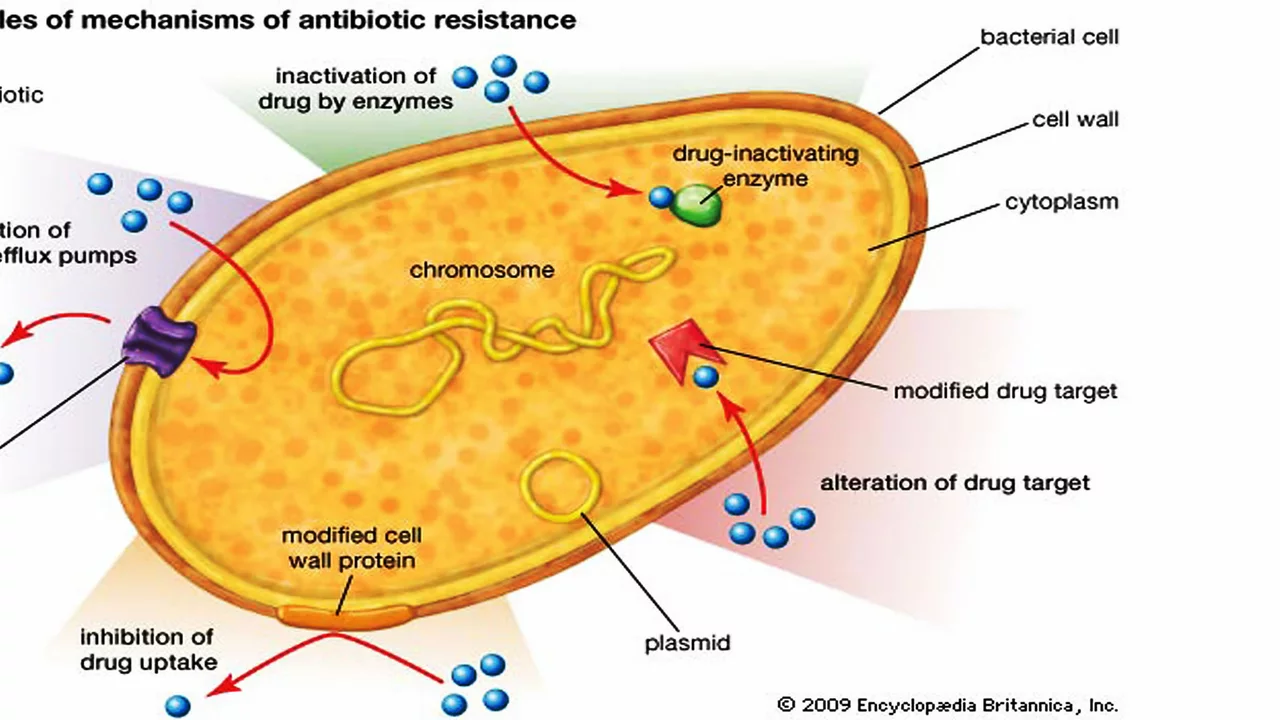Bacterial Infections: What They Are and How to Handle Them
Bacterial infections happen when harmful bacteria invade your body and start causing trouble. Unlike viruses, bacteria are living organisms that can multiply and spread quickly if not controlled. You’ve probably dealt with one before—like a sore throat, a skin infection, or maybe even a bladder infection. Knowing the signs and what to do can make a world of difference.
Common symptoms include redness, swelling, pain, fever, and sometimes pus or unusual discharge. Not every infection is severe, but ignoring these signs can lead to complications. For example, untreated strep throat might cause heart problems later on. So, it pays off to act early.
How Are Bacterial Infections Treated?
Most bacterial infections respond well to antibiotics, but it’s crucial to get the right type. Using antibiotics without proper guidance can lead to resistance, making the bacteria harder to kill next time. A healthcare professional can diagnose the infection correctly and suggest the best treatment plan.
Besides antibiotics, simple self-care helps too. Rest, hydration, and keeping the infected area clean speed up recovery. Some infections, like mild skin infections, might clear up with good hygiene and topical treatments alone. But when in doubt, get checked out—especially if the infection worsens or you develop a fever.
Preventing Bacterial Infections
Prevention is easier than cure. Washing your hands regularly is one of the best defenses. Avoid close contact with sick people and keep wounds clean and covered. Also, don’t share personal items like towels or razors—they can spread bacteria fast. Some vaccines can protect against bacteria, so stay up-to-date on shots your doctor recommends.
Bacterial infections can be a hassle, but with the right knowledge, you can spot symptoms early, get proper treatment, and take steps to stay healthy. Remember, when dealing with bacteria, smart action beats panic every time.
